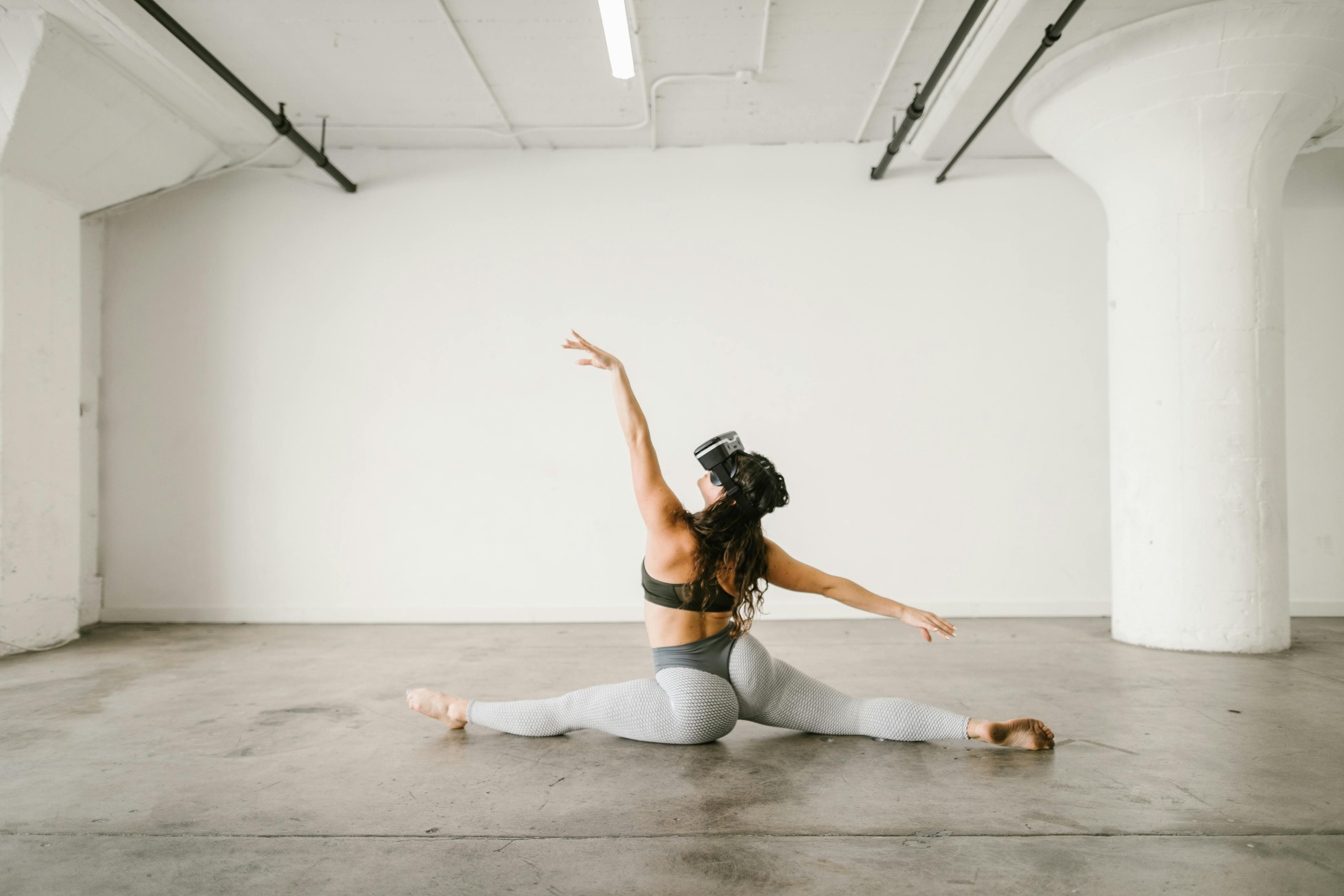Body Contouring: Understanding the Process and Its Potential Benefits
Discover the benefits of body contouring for confidence and wellness, highlighting how this approach can enhance body shape and support self-esteem. By combining non-invasive or minimally invasive techniques, it helps individuals feel more comfortable in their own skin while promoting a sense of overall well-being.

What is body contouring and how does it work?
Body contouring refers to a range of non-invasive or minimally invasive procedures that aim to reshape and sculpt targeted areas of the body. These treatments typically focus on reducing fat deposits, tightening skin, and improving overall body contours. Common methods include:
-
Radiofrequency (RF) treatments: These use heat energy to stimulate collagen production and tighten skin.
-
Ultrasound therapies: High-frequency sound waves are employed to break down fat cells.
-
Cryolipolysis: This technique uses controlled cooling to freeze and eliminate fat cells.
-
Laser treatments: Various laser technologies can target fat cells and promote skin tightening.
Each of these methods works by either destroying fat cells or promoting collagen production, leading to improved body contours over time.
How does body contouring improve self-esteem?
Body contouring treatments can have a significant impact on an individual’s self-esteem and body image. By addressing areas of concern that may be resistant to diet and exercise, these procedures can help people feel more confident in their appearance. Some ways body contouring may improve self-esteem include:
-
Enhancing body shape and proportions
-
Reducing the appearance of stubborn fat deposits
-
Improving skin texture and firmness
-
Helping clothes fit better
-
Motivating individuals to maintain a healthy lifestyle
As people see positive changes in their physical appearance, they often experience a boost in self-confidence and overall well-being.
What are the wellness advantages of body contouring?
Beyond aesthetic improvements, body contouring treatments can offer several wellness advantages. These benefits may contribute to an individual’s overall health and quality of life:
-
Improved posture: Reducing excess fat and tightening skin can lead to better posture and reduced strain on the body.
-
Increased physical comfort: Addressing problem areas can alleviate discomfort caused by excess skin or fat deposits.
-
Enhanced motivation for fitness: Many individuals report feeling more motivated to maintain a healthy lifestyle after seeing the results of body contouring.
-
Reduced skin irritation: Tightening loose skin can help minimize chafing and irritation in certain areas of the body.
-
Better clothing fit: Improved body contours can lead to more comfortable and flattering clothing options.
Can body contouring treatments boost confidence?
Body contouring treatments have the potential to significantly boost an individual’s confidence. As people see changes in their physical appearance, they often experience:
-
Increased self-assurance in social situations
-
Greater willingness to participate in activities they may have previously avoided
-
Improved body image and self-perception
-
Enhanced personal and professional relationships
-
A more positive outlook on life overall
It’s important to note that while body contouring can contribute to increased confidence, it should not be viewed as a substitute for addressing underlying self-esteem issues or maintaining a healthy lifestyle.
What are the potential benefits of body contouring for confidence?
The benefits of body contouring for confidence can be far-reaching and may include:
-
Feeling more comfortable in one’s own skin
-
Increased willingness to wear certain types of clothing
-
Improved self-image and body acceptance
-
Greater motivation to maintain a healthy lifestyle
-
Enhanced sense of personal empowerment
-
Reduced anxiety related to physical appearance
-
Increased satisfaction with overall appearance
While these benefits can be significant, it’s crucial to have realistic expectations and understand that results may vary from person to person.
What should you consider before undergoing body contouring?
Before deciding to undergo body contouring treatments, it’s essential to consider several factors:
-
Realistic expectations: Understand that results may be subtle and gradual.
-
Consultation with a qualified professional: Discuss your goals, medical history, and potential risks.
-
Cost considerations: Body contouring treatments can be expensive and are typically not covered by insurance.
-
Time commitment: Multiple sessions may be required to achieve desired results.
-
Potential side effects: While generally minimal, side effects can include temporary redness, swelling, or bruising.
-
Maintenance: Results may require ongoing treatments or lifestyle changes to maintain.
-
Alternative options: Consider whether diet and exercise alone could achieve your desired results.
| Treatment Type | Average Cost Range | Number of Sessions | Recovery Time |
|---|---|---|---|
| Radiofrequency | $1,000 - $4,000 | 4-6 | Minimal |
| Ultrasound | $1,500 - $3,000 | 1-3 | Minimal |
| Cryolipolysis | $2,000 - $4,000 | 1-3 | 1-2 weeks |
| Laser Treatments | $1,500 - $5,000 | 3-6 | 1-2 weeks |
Prices, rates, or cost estimates mentioned in this article are based on the latest available information but may change over time. Independent research is advised before making financial decisions.
Body contouring treatments offer a range of potential benefits for those looking to enhance their physical appearance and boost their confidence. While these procedures can be effective in addressing specific areas of concern, it’s crucial to approach them with realistic expectations and a commitment to maintaining overall health and wellness. By carefully considering the options available and consulting with qualified professionals, individuals can make informed decisions about whether body contouring is right for them and potentially experience the confidence-boosting effects of these innovative treatments.
This article is for informational purposes only and should not be considered medical advice. Please consult a qualified healthcare professional for personalized guidance and treatment.




